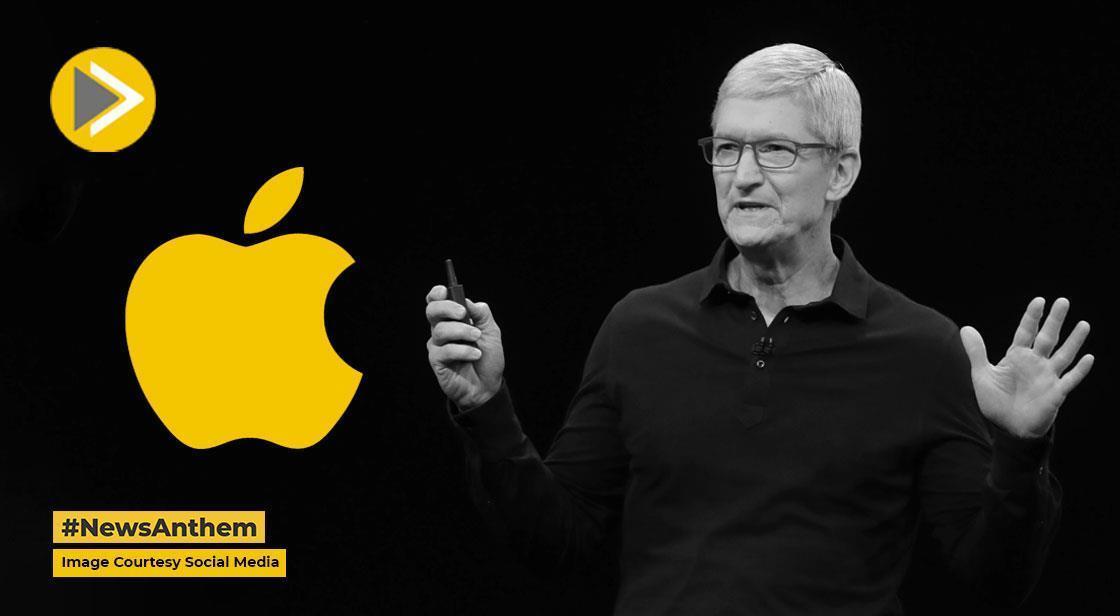Apple Explores Turning AirPods Into AI-Powered Heart Rate Monitors

News Synopsis
Apple may soon take wearable technology to a new level by enabling AirPods to act as heart rate monitors. In a recent research paper published by the Apple Research team, the tech giant explores the feasibility of using AI-based acoustic models to estimate heart rate through heart sound recordings—captured via devices like AirPods.
AI and Heart Sound Detection Through Auscultation
The study, titled “Foundation Model Hidden Representations for Heart Rate Estimation from Auscultation”, explores the use of foundation models trained on general audio and speech to determine heart rate from body-generated heart sounds. This method, known as auscultation, mimics the traditional approach where doctors use a stethoscope to detect heart abnormalities.
Apple researchers aim to replicate this process using consumer-grade wearables like AirPods, analyzing these heart sounds with artificial intelligence to monitor heart rate.
Apple’s AI-Driven Approach
Apple Testing AI Models for Heartbeat Detection
In their research, Apple tested six major foundation models—including HuBERT, wav2vec2, wavLM, Whisper, CLAP, and an internally developed version of CLAP—against phonocardiogram (PCG) datasets, which are audio recordings of heartbeats.
“In this work, using a publicly available phonocardiogram (PCG) dataset and a heart rate (HR) estimation model, we conduct a layer-wise investigation of six acoustic representation FMs: HuBERT, wav2vec2, wavLM, Whisper, Contrastive Language-Audio Pretraining (CLAP), and an in-house CLAP model,” Apple noted in its paper.
The study utilized more than 20 hours of heart sound data recorded in hospitals and annotated by medical professionals. The audio was segmented into 5-second clips, allowing the AI models to estimate heart rates in beats per minute (BPM).
Key Findings from the Research
The results indicated that mid-level layers of these AI models were more effective in recognizing heartbeats, whereas deeper layers—optimized for speech recognition—were less accurate in interpreting biological sounds.
This discovery points to a need for custom training or tuning of AI layers if they are to be used in health applications.
Potential Integration with AirPods
Built-in Microphones Could Enable Health Tracking
AirPods already come equipped with advanced microphones used for Active Noise Cancellation and Transparency Mode. These components could theoretically detect subtle internal body sounds, including heartbeats.
Health Monitoring Beyond the Apple Watch
While Apple has not officially confirmed a commercial product, the research aligns with its broader push into health-tech. Apple recently highlighted heart rate tracking in other wearables like the Beats Powerbeats Pro 2.
If AI-powered auscultation becomes a feature in AirPods, users could benefit from passive heart rate tracking without needing an Apple Watch—unlocking new possibilities in fitness monitoring and preventive health care.
Conclusion
Apple’s latest research reveals its growing interest in merging artificial intelligence with wearable health technology. By leveraging foundation audio models like wav2vec2 and CLAP, the tech giant is examining whether everyday gadgets like AirPods can be used to estimate heart rates through heart sounds.
This effort uses a well-established method called auscultation, commonly employed by medical professionals, and applies it to consumer-friendly devices. Though still in the research stage, the findings are promising—indicating that AI can outperform traditional audio processing techniques when trained properly.
If successful, this could revolutionize health tracking by eliminating the need for additional medical devices like smartwatches. With the high-quality microphones already embedded in AirPods, the hardware is potentially capable of supporting this feature.
This move also aligns with Apple’s ongoing strategy to integrate more health-focused features into its ecosystem. While no commercial release has been confirmed, the technology could pave the way for a new era of AI-assisted wellness monitoring.
You May Like









